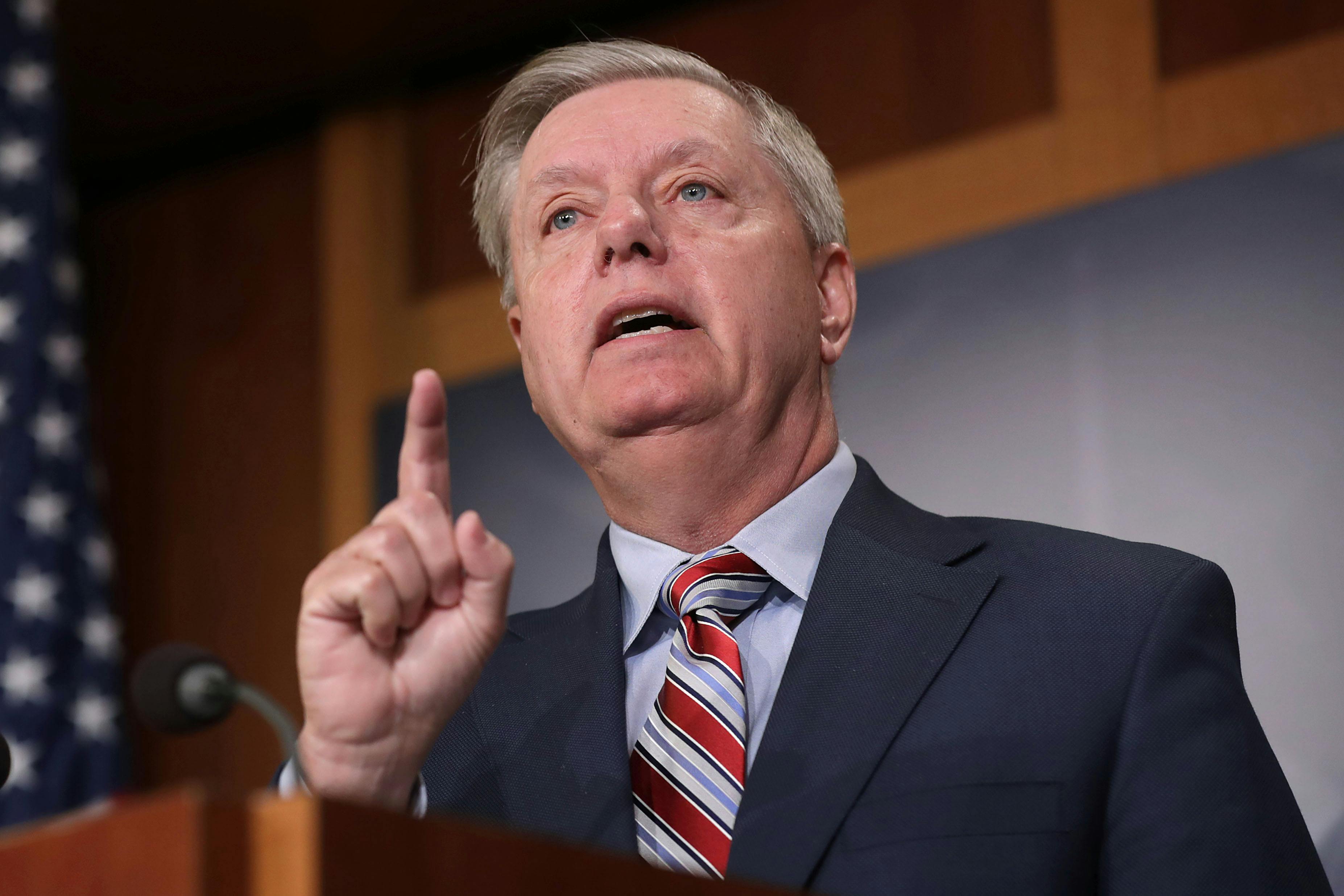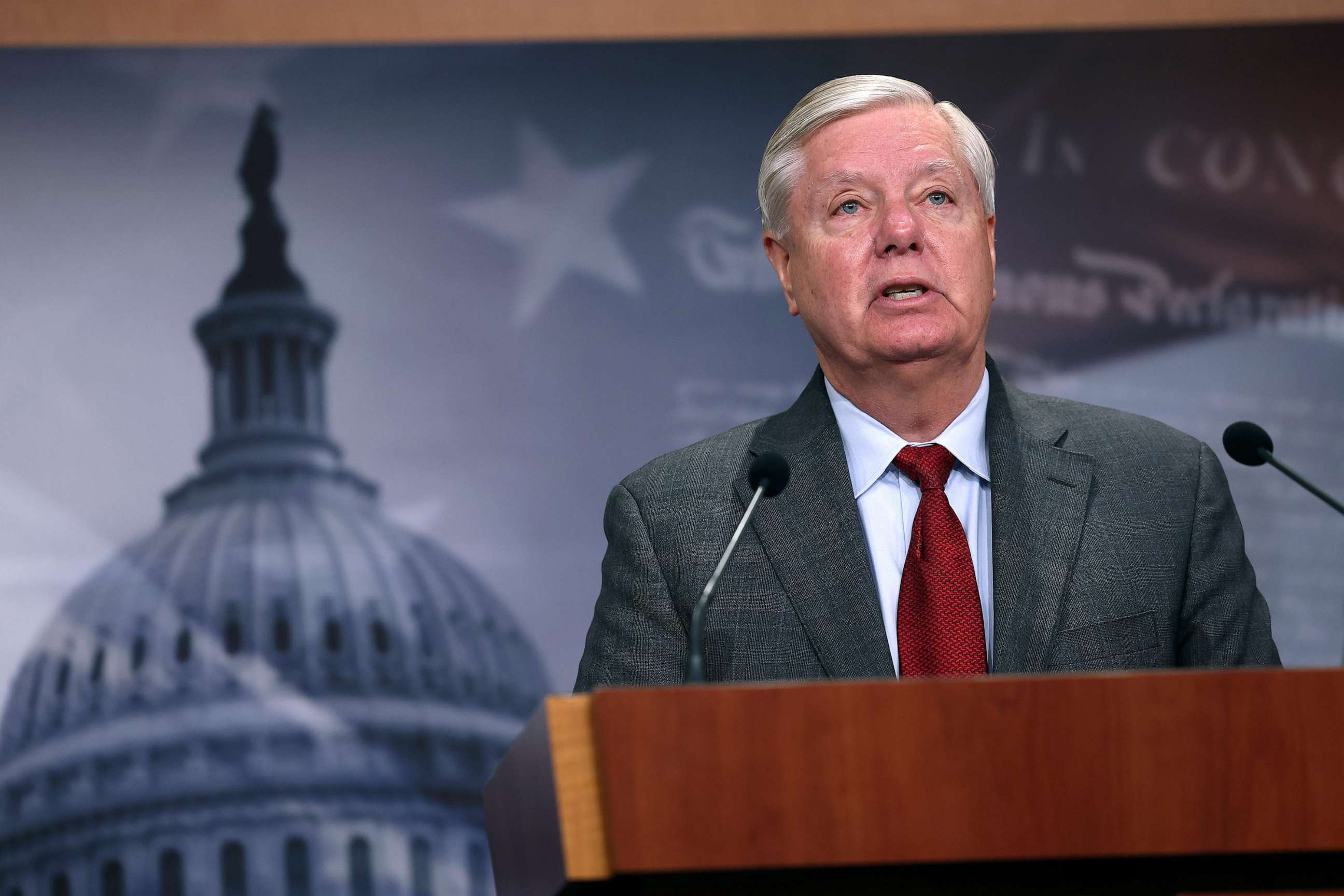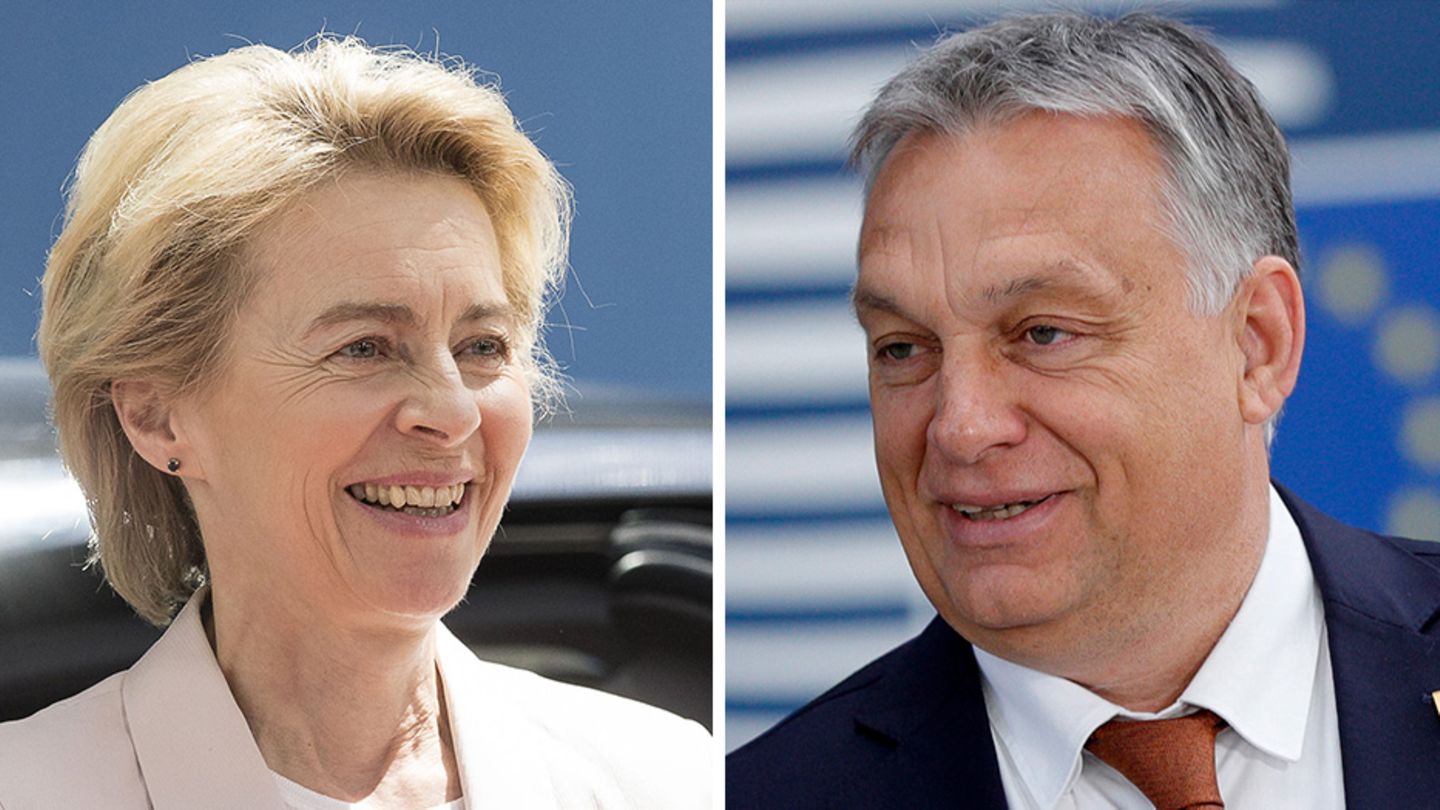Michelle Obama has sent shockwaves through the political landscape with a stunning announcement during her book tour, igniting fierce debate and speculation about her potential involvement in the 2024 presidential race. In a candid and powerful interview, the former First Lady addressed the ongoing struggles of women in politics, particularly women of color, and delivered a scathing critique of the societal norms that continue to hinder progress.
 During the event, Obama did not hold back, expressing her frustration with the perception of femininity and the outdated archetype of women in leadership roles. “We ain’t ready,” she declared, referring to the nation’s reluctance to embrace a woman as president. Her remarks resonate deeply in the wake of Kamala Harris’s electoral challenges, as Obama emphasized the systemic barriers women face in politics.
During the event, Obama did not hold back, expressing her frustration with the perception of femininity and the outdated archetype of women in leadership roles. “We ain’t ready,” she declared, referring to the nation’s reluctance to embrace a woman as president. Her remarks resonate deeply in the wake of Kamala Harris’s electoral challenges, as Obama emphasized the systemic barriers women face in politics.
The urgency of her message was palpable as she outlined the need for a shift in focus for the Democratic Party. “We don’t need a savior,” she asserted, advocating for a candidate committed to substantive policies that address economic inequality and healthcare access. Obama’s call to action included raising the minimum wage, implementing a minimum tax on corporations and billionaires, and ensuring Medicare for all.
Her comments on race and gender were equally striking, revealing her personal experiences as the first Black First Lady. She candidly discussed the pressures of conforming to societal beauty standards, highlighting the exhausting realities many women of color face. “Don’t tell me how to wear my hair,” she said, a powerful statement that underscored her frustration with the ongoing racial dynamics in America.
As her announcement reverberates through social media and news outlets, the implications are clear: Michelle Obama’s voice remains a potent force in American politics. While she may not be running for office, her influence and advocacy for change are undeniable. With the 2024 election looming, her words could very well shape the narrative for the future of the Democratic Party and the role of women in leadership.

Reporters and political analysts alike are scrambling to dissect her comments, as the urgency of her message compels a national conversation about gender, race, and the future of American politics. The question now remains: will her call for change inspire a new wave of leadership, or will it fall on deaf ears in a political landscape still grappling with its own biases? The nation is watching, and the stakes have never been higher.
e>






